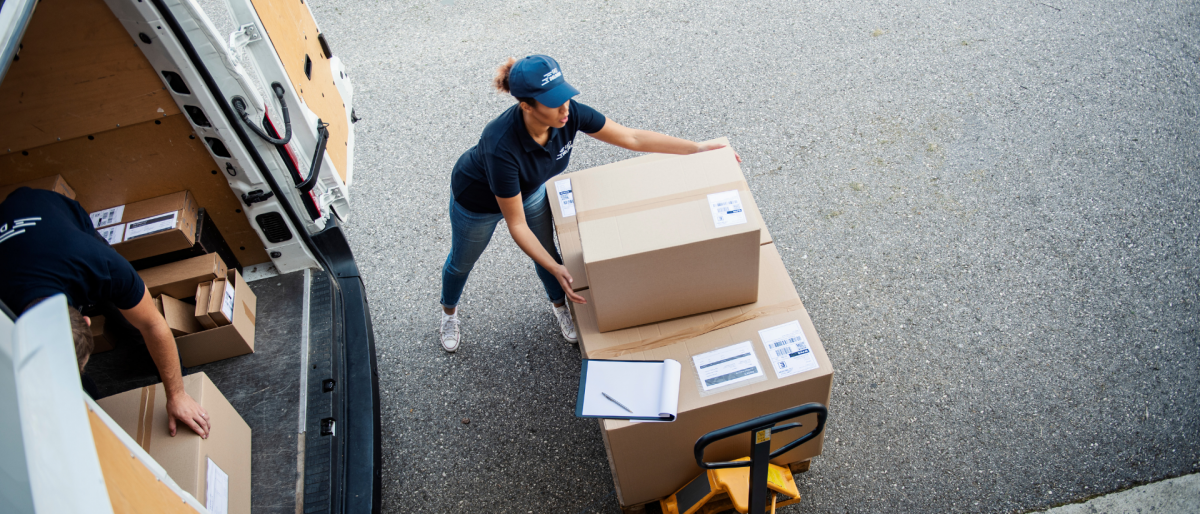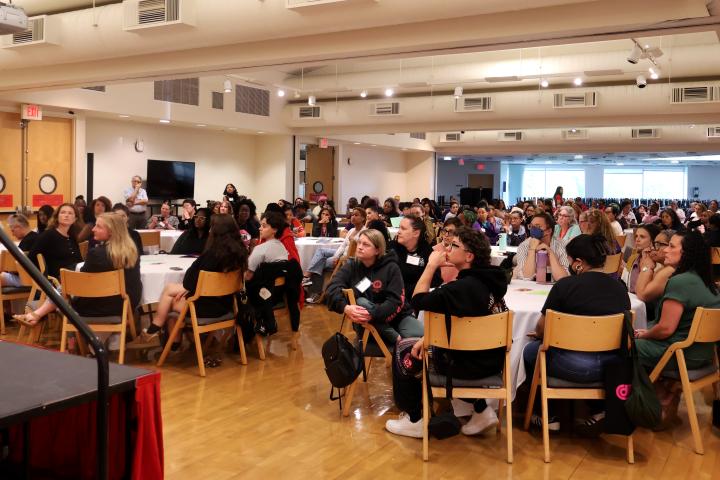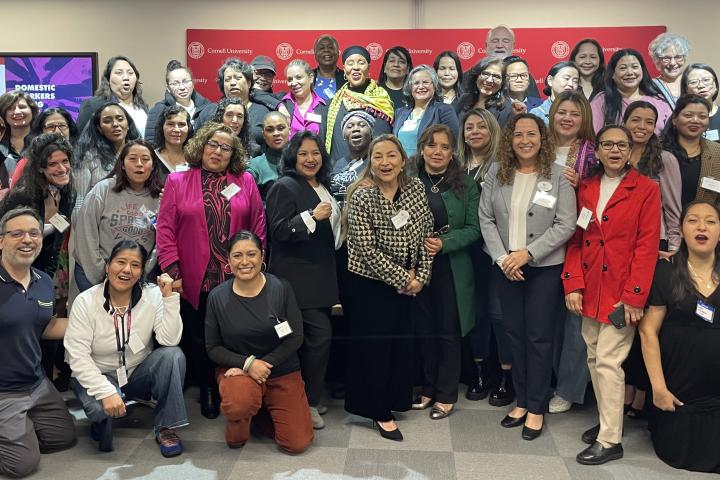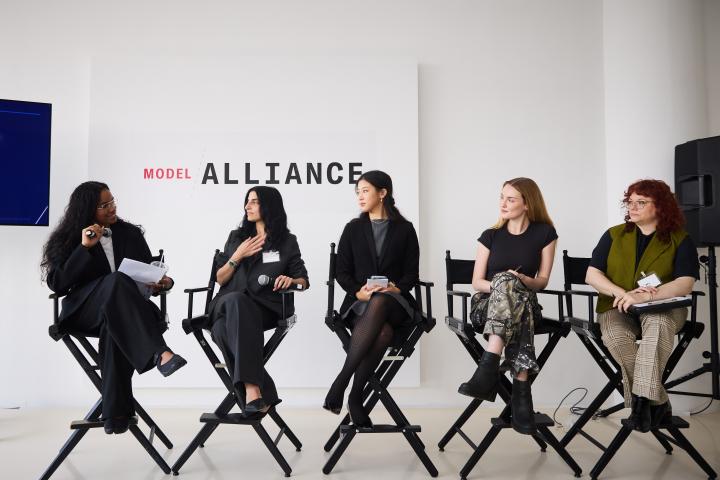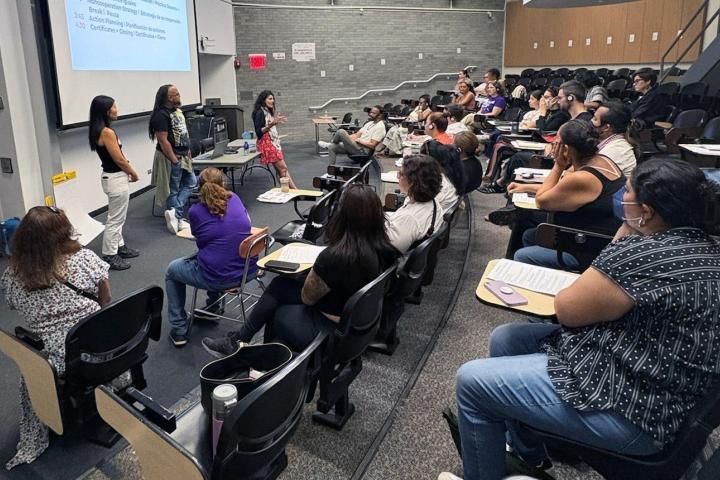The Precarious Work Initiative focuses on the labor rights and socioeconomic conditions of low-wage and contingent workers, who receive little or no benefits and have largely no institutional or legal protection.
These workers constitute the most vulnerable segment of the workforce. Their ranks include, but are not limited to, day laborers, immigrants, domestic workers, young workers, the unemployed and the formerly incarcerated.
The challenges facing them have become increasingly prevalent in the labor market and the economy as a whole, to the point that core industries such as construction, health care, manufacturing, media and entertainment include growing numbers of workers employed under precarious conditions.
The Precarious Workforce Initiative draws on the research and expertise of the ILR School faculty and associates in the areas of labor rights, collective representation, leadership and strategy development. We conduct research and advance the debate about policies and strategies that would improve working conditions and enforcement of labor rights for workers facing precarious employment.
Additionally, this initiative offers programs that provide technical assistance, as well as leadership and organizational development opportunities for non-traditional organizations representing low-wage and marginalized workers.

